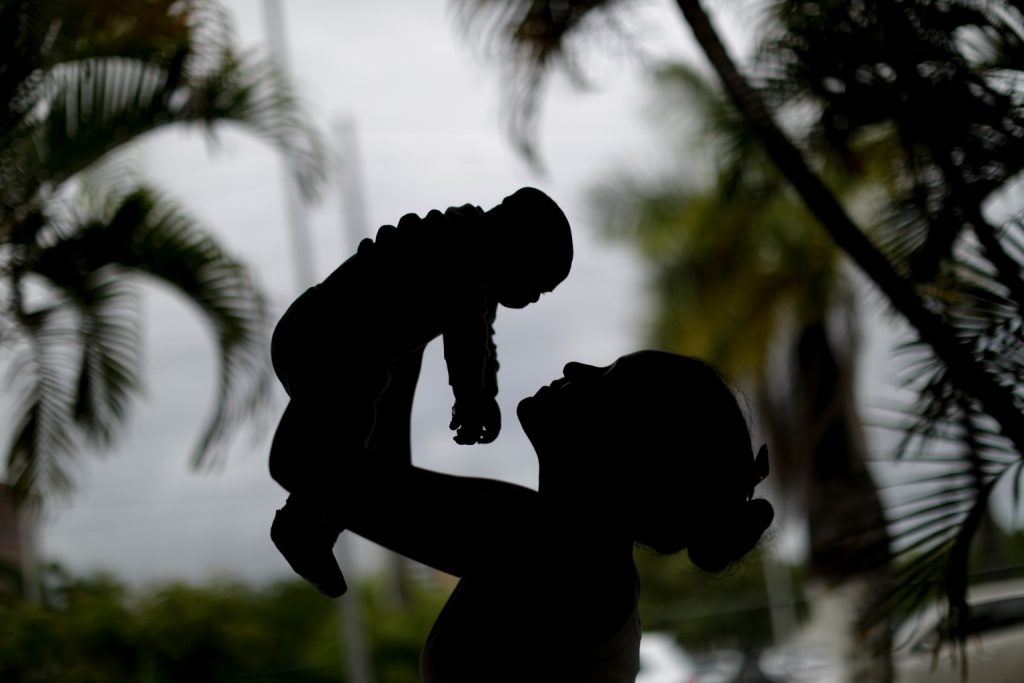The complex and unprecedented characteristics of the Zika epidemic in Brazil demanded national and local coordination, the intersection of public policies (e.g., health, social assistance, education) and the creation of norms, procedures and protocols to attend the affected families.
The epidemic highlighted the difficult living conditions of many marginalised families and emphasised the complex and longstanding challenges involving public health, social development, infrastructure, access to water and sanitation, gender relations and reproductive rights. Besides, since its treatment requires costly treatment and daily care, it has increased vulnerabilities and social inequalities that affect the mothers and children infected by the virus.



